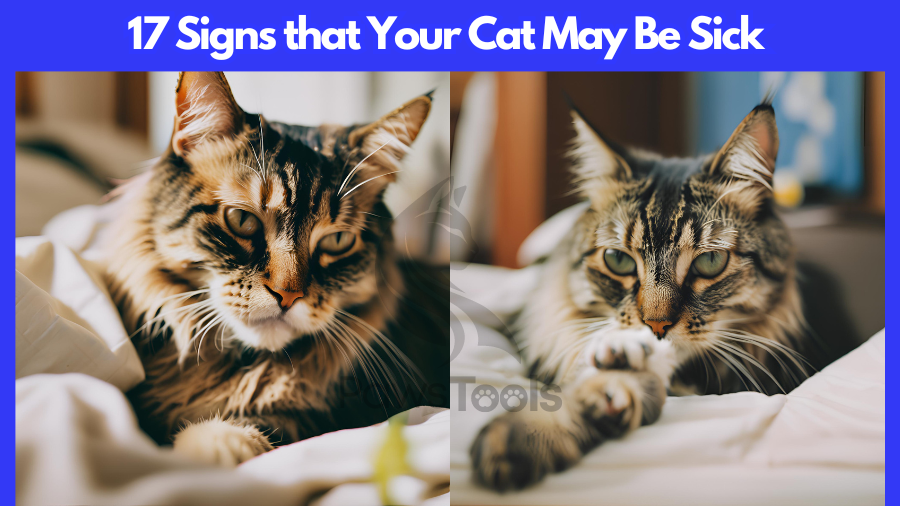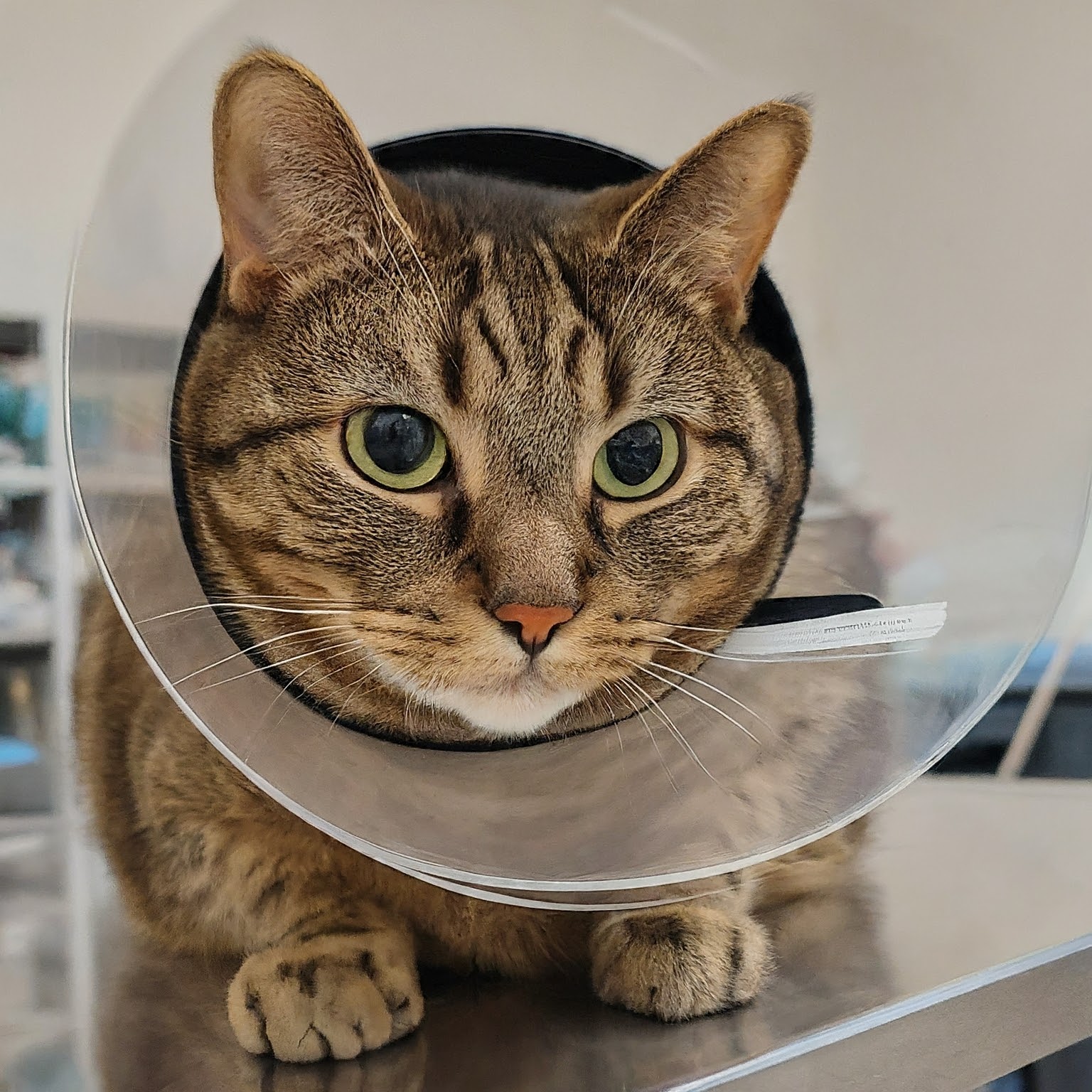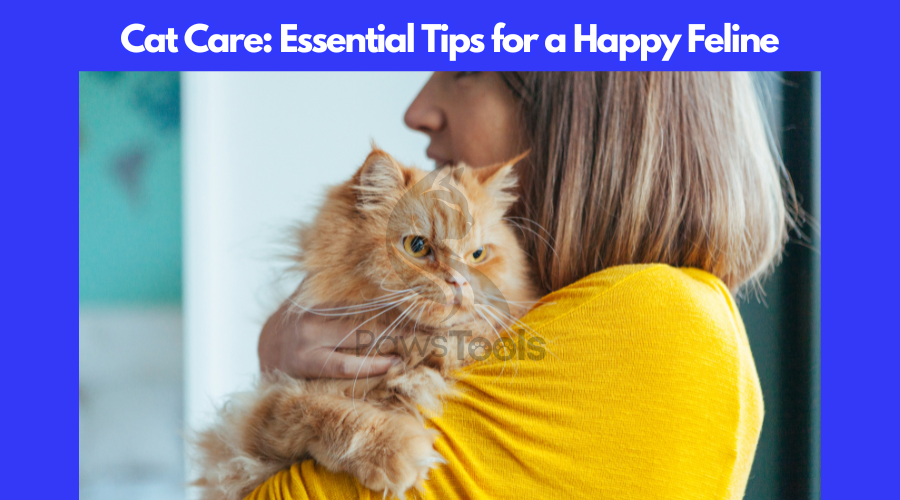Unlike humans, pets can’t tell us when something is wrong. Cats, in particular, are masters at masking illness—a survival trait from their wild ancestors. Displaying signs of illness made them vulnerable to predators and competitors, a behavior that persists in today’s domestic cats.
Recognizing when your cat is unwell is a crucial aspect of cat ownership. Waiting for symptoms to pass can be a grave mistake; if your cat shows signs of illness today, tomorrow might be too late.
Know Your Cat
Being familiar with your cat’s personality, physical characteristics, routines, and behaviors is key to spotting early signs of illness. Observing and understanding what is normal for your cat is the first step in recognizing when something is wrong. This guide will cover 17 signs of illness, from the obvious to the subtle, and provide tips on how to stay attuned to your cat’s health.
The 17 Signs That Your Cat May Be Sick
- Refusing to Eat A refusal to eat signals that something is not right. While minor fluctuations in appetite can be normal, a cat that stops eating entirely requires immediate attention. Cats that don’t eat tap into their fat reserves for energy, risking hepatic lipidosis, especially if they are overweight. If your cat isn’t eating, take it to the vet without delay.
- Limping Limping indicates pain or discomfort, possibly from a wound, foreign object, fracture, or arthritis. Inspect your cat for obvious injuries or objects. If you find nothing, consult a vet for a thorough examination.
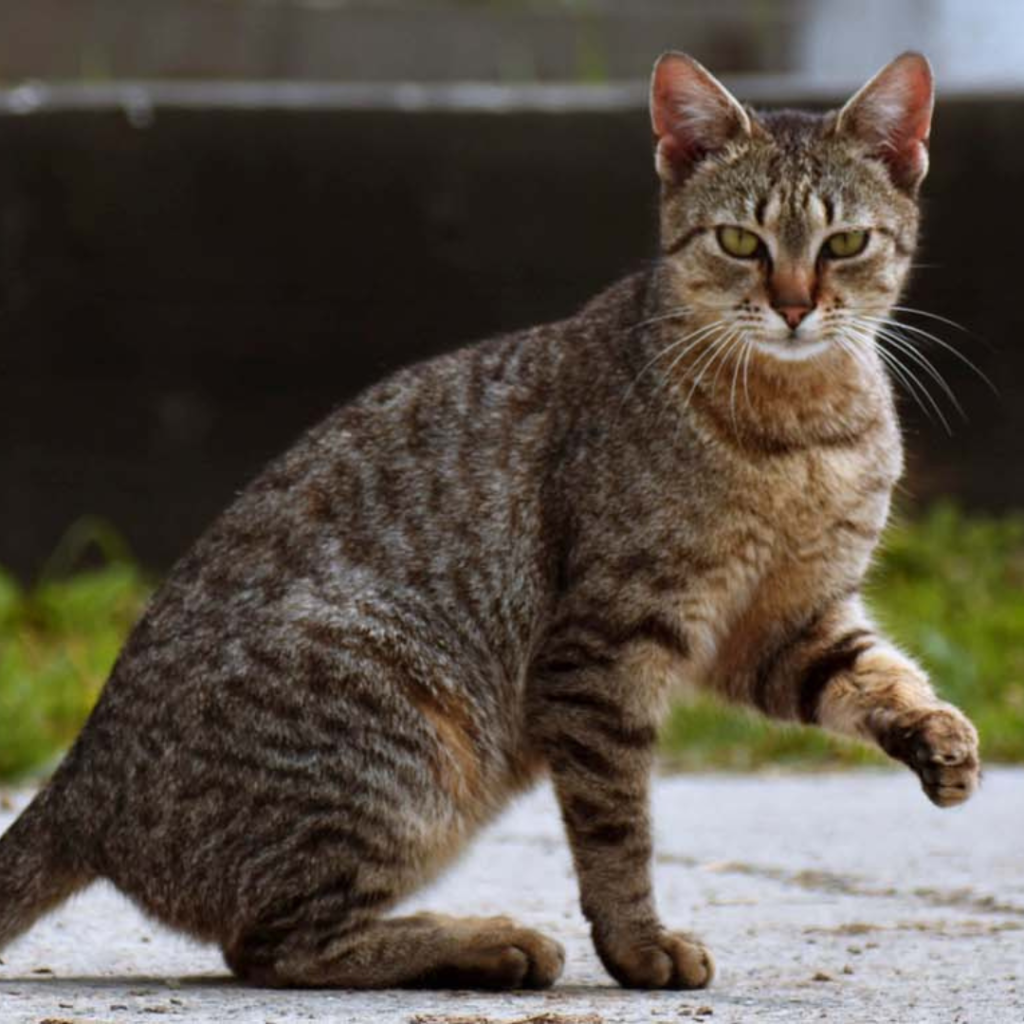
- Increased Thirst Cats typically get hydration from the moisture in their prey. An increase in water consumption, especially from unusual sources, can indicate endocrine disorders like diabetes or thyroid issues. If your cat starts drinking more, a vet visit for bloodwork is essential.
- Frequent Urination More frequent urination often indicates painful urination, possibly from a urinary tract infection or stones. Blood in urine or complete lack of urine is a medical emergency, particularly for male cats prone to ureteral obstructions.
- Litter Box Avoidance Refusal to use the litter box can also signal painful urination from infections, bladder stones, or kidney disease.
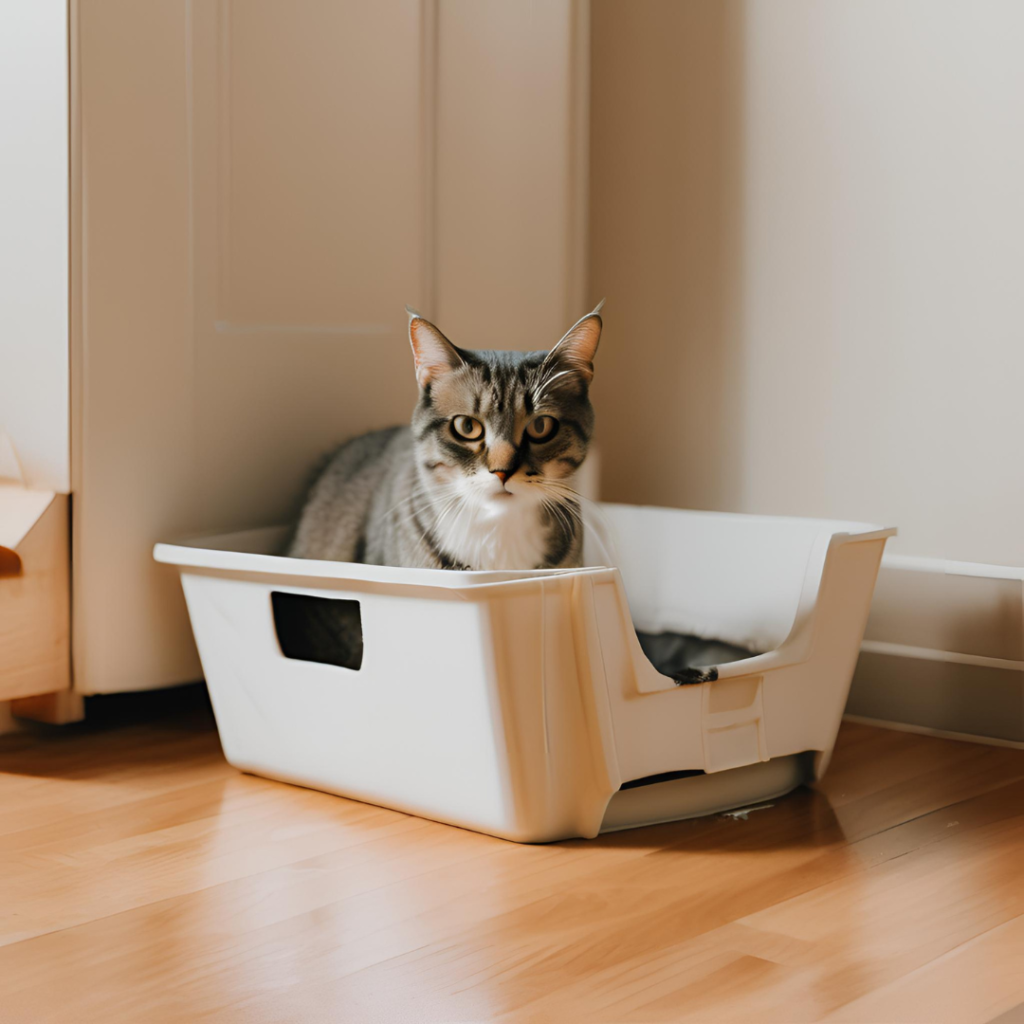
- Diarrhea Diarrhea can result from gastrointestinal infections, food sensitivities, stress, or irritable bowel syndrome. Prompt treatment is necessary to prevent dehydration and more severe complications.
- Vomiting Occasional hairball regurgitation is normal, but frequent vomiting can lead to dehydration and signal infections, liver disease, intestinal blockages, or cancer. Medical attention is crucial.
- Nasal or Ocular Discharge Discharge from the nose or eyes suggests respiratory or eye infections. These often come with other symptoms, like sneezing or coughing and need prompt veterinary treatment.
- Lethargy A sudden lack of energy in an active cat is a clear sign of illness and warrants a vet visit.
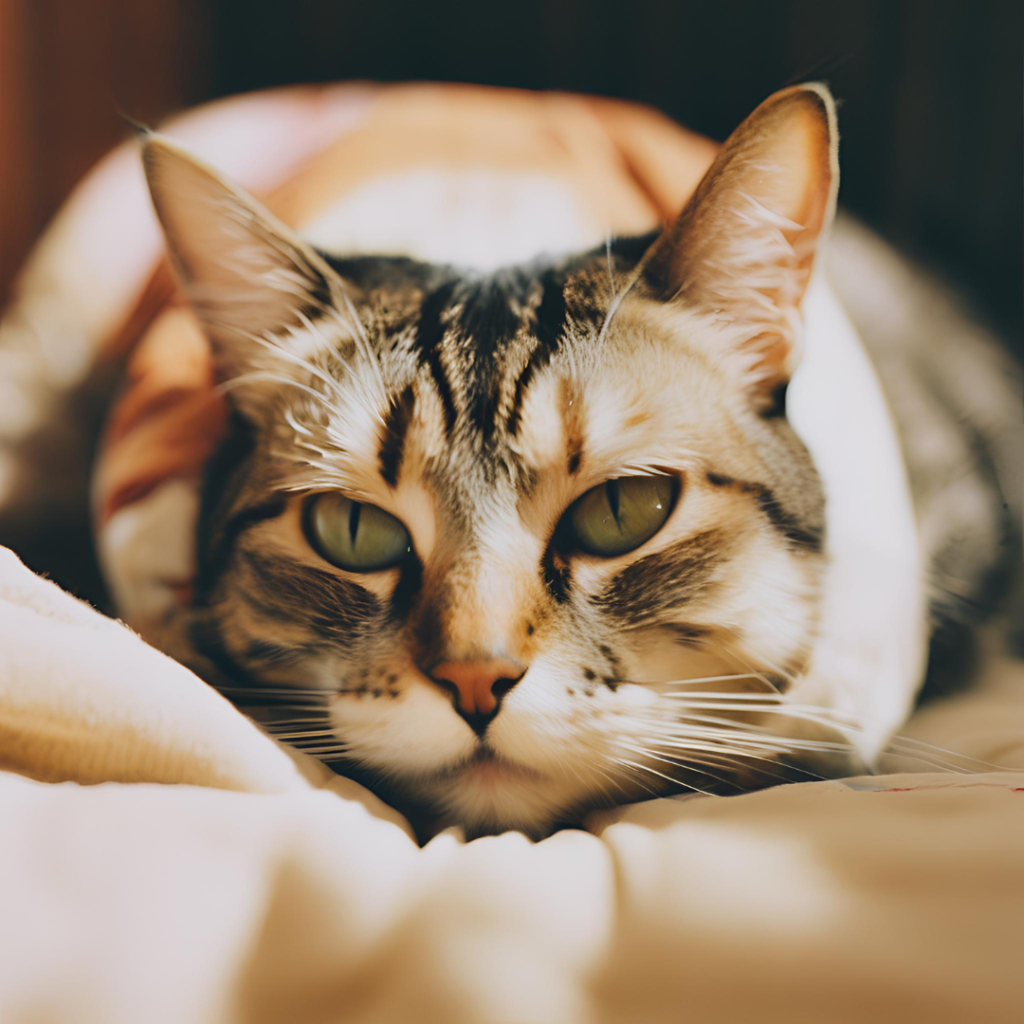
- Changes in Grooming Habits Cats that stop grooming may have underlying health issues ranging from skin infections to arthritis. Unkempt fur or dandruff indicates something is wrong.
- Excessive Hair Loss While shedding is normal, excessive hair loss or bald spots can signal skin irritations, infections, or allergies.
- Bad Breath Foul breath often points to periodontal disease or oral infections and requires a veterinary dentist’s intervention.
- Weight Loss Diseases like parasites or diabetes can cause weight loss even if your cat eats normally. Decreased appetite from other illnesses also leads to weight loss, necessitating a vet’s evaluation.
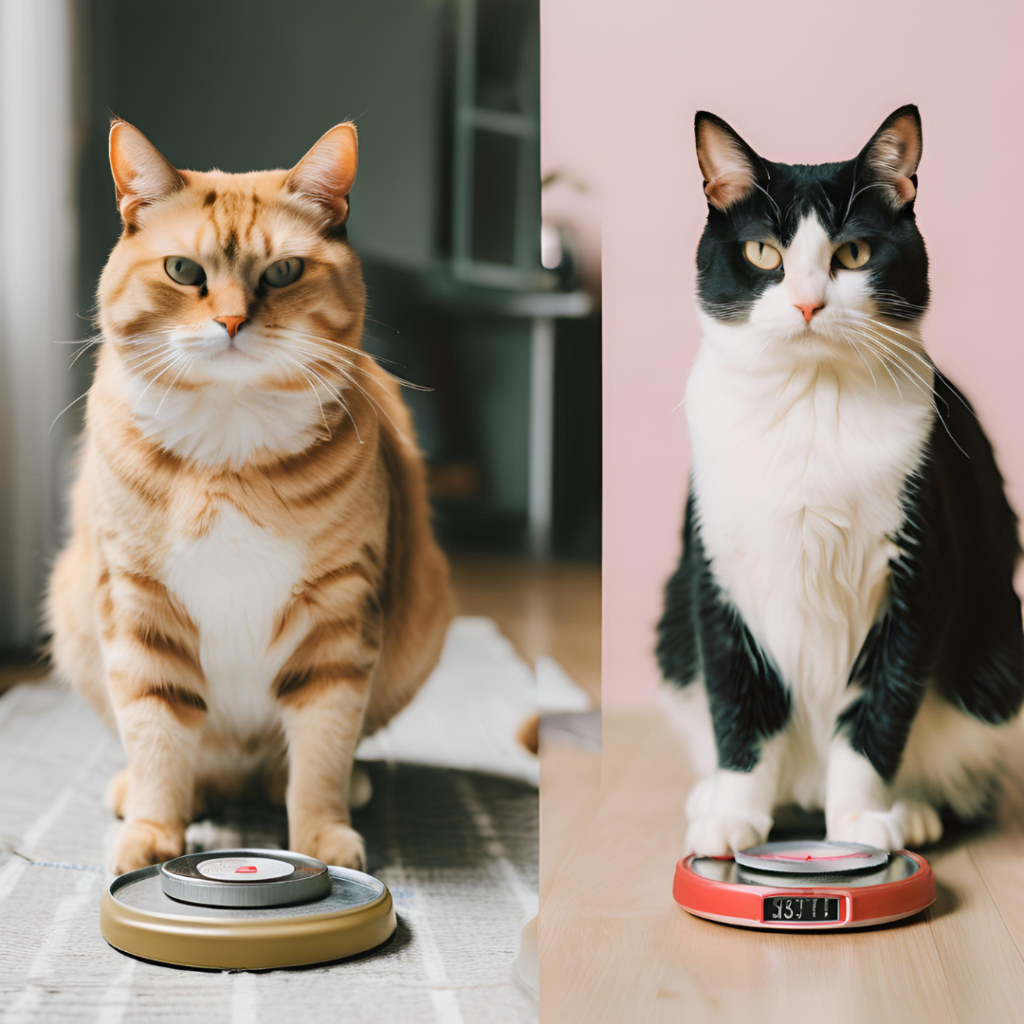
- Hiding Fearful or anxious cats hide, but so do those in pain. If your social cat suddenly avoids you, it may be ill.
- Aggression Injury or illness can cause normally calm cats to become aggressive due to discomfort or a need for attention.
- Increased Vocalization Cats may vocalize more when unwell. Increased meowing can indicate hunger, pain, or neurological issues. Take all factors into account to understand the cause.
- Reluctance to Jump If your cat stops jumping to favorite high spots, it may have arthritis or an injury.
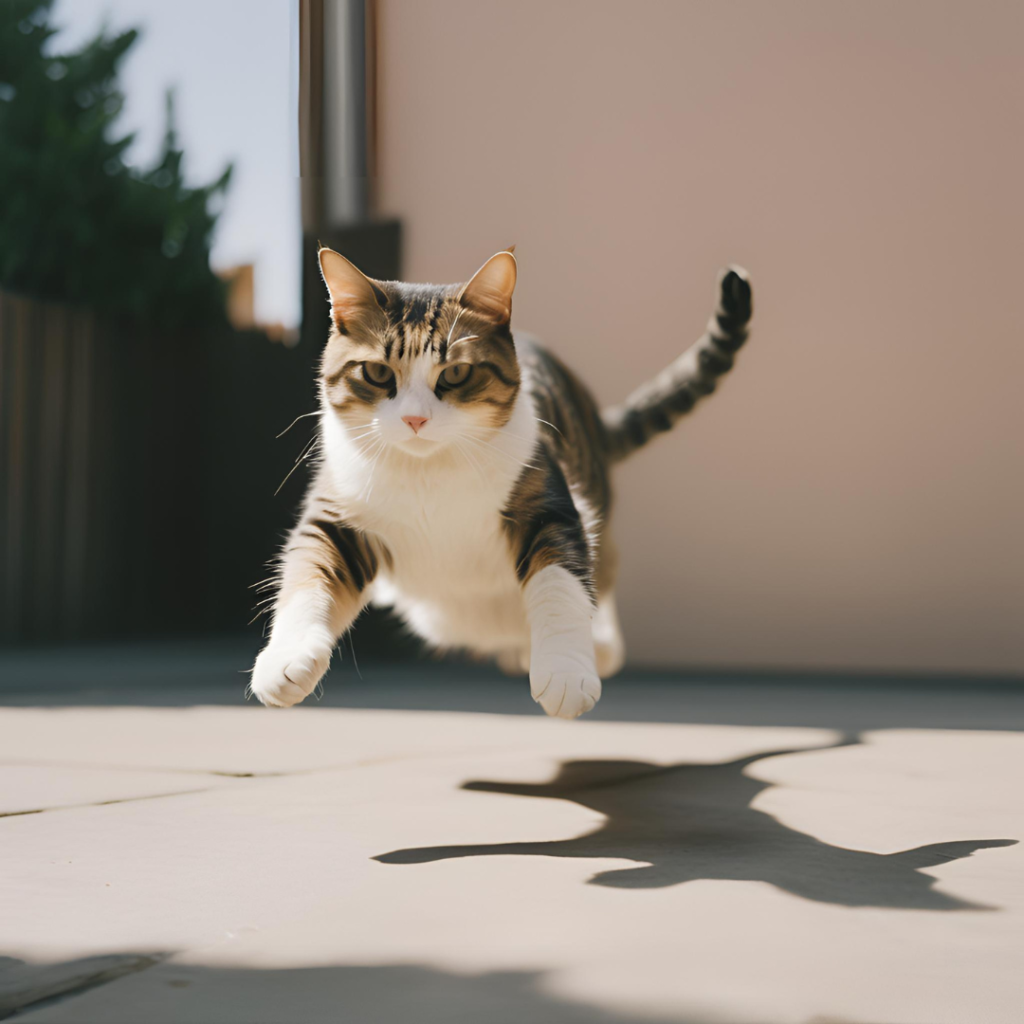
Conclusion
The instinct to hide illness remains strong in modern cats. Recognizing the signs of sickness early can prevent complications and save your cat’s life. Stay observant and proactive in seeking veterinary care to ensure your feline friend’s health and well-being.

